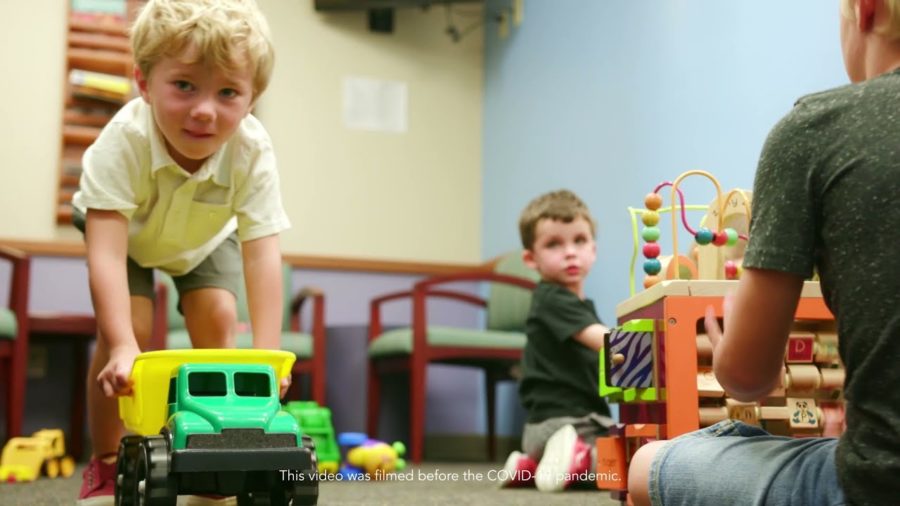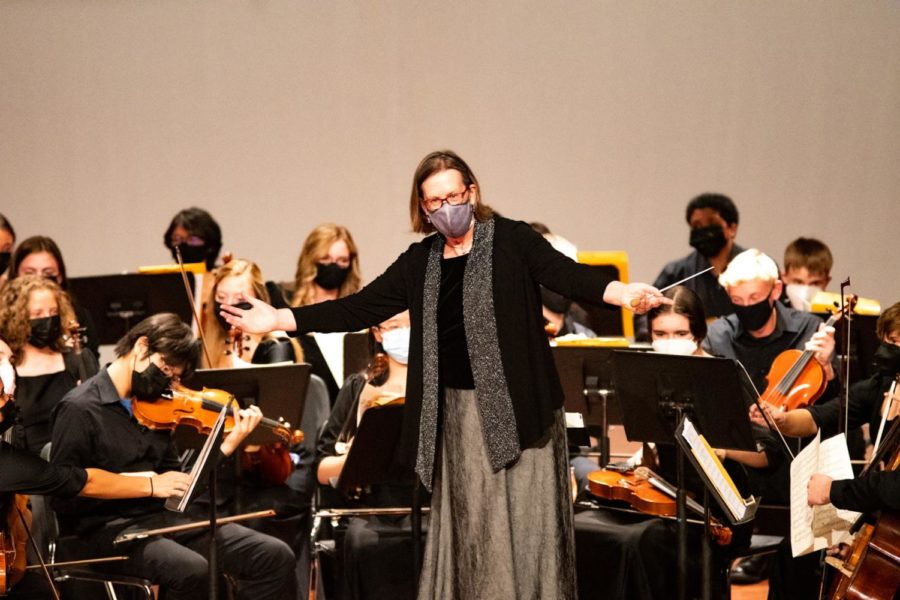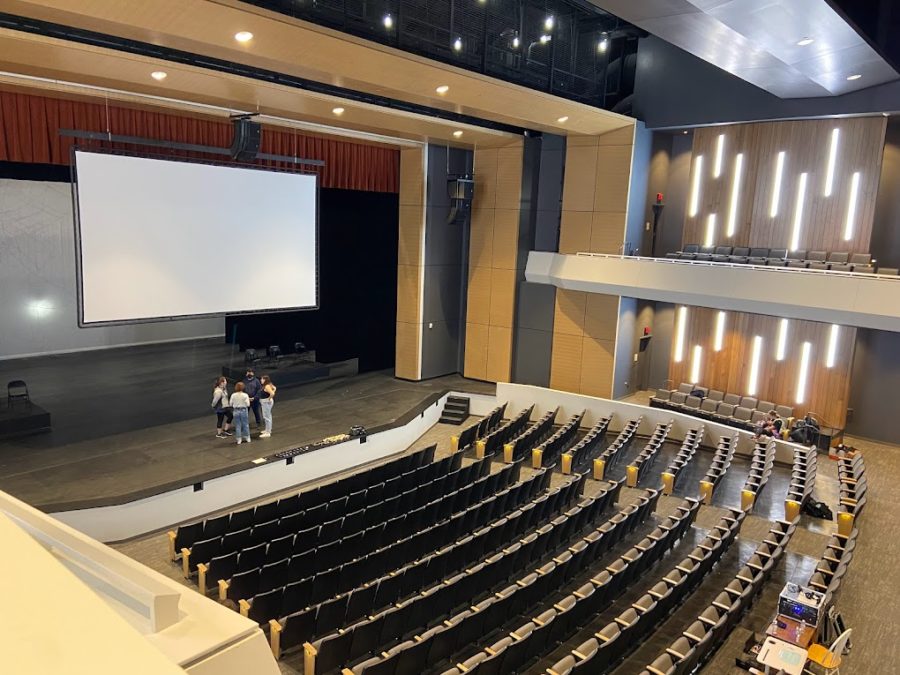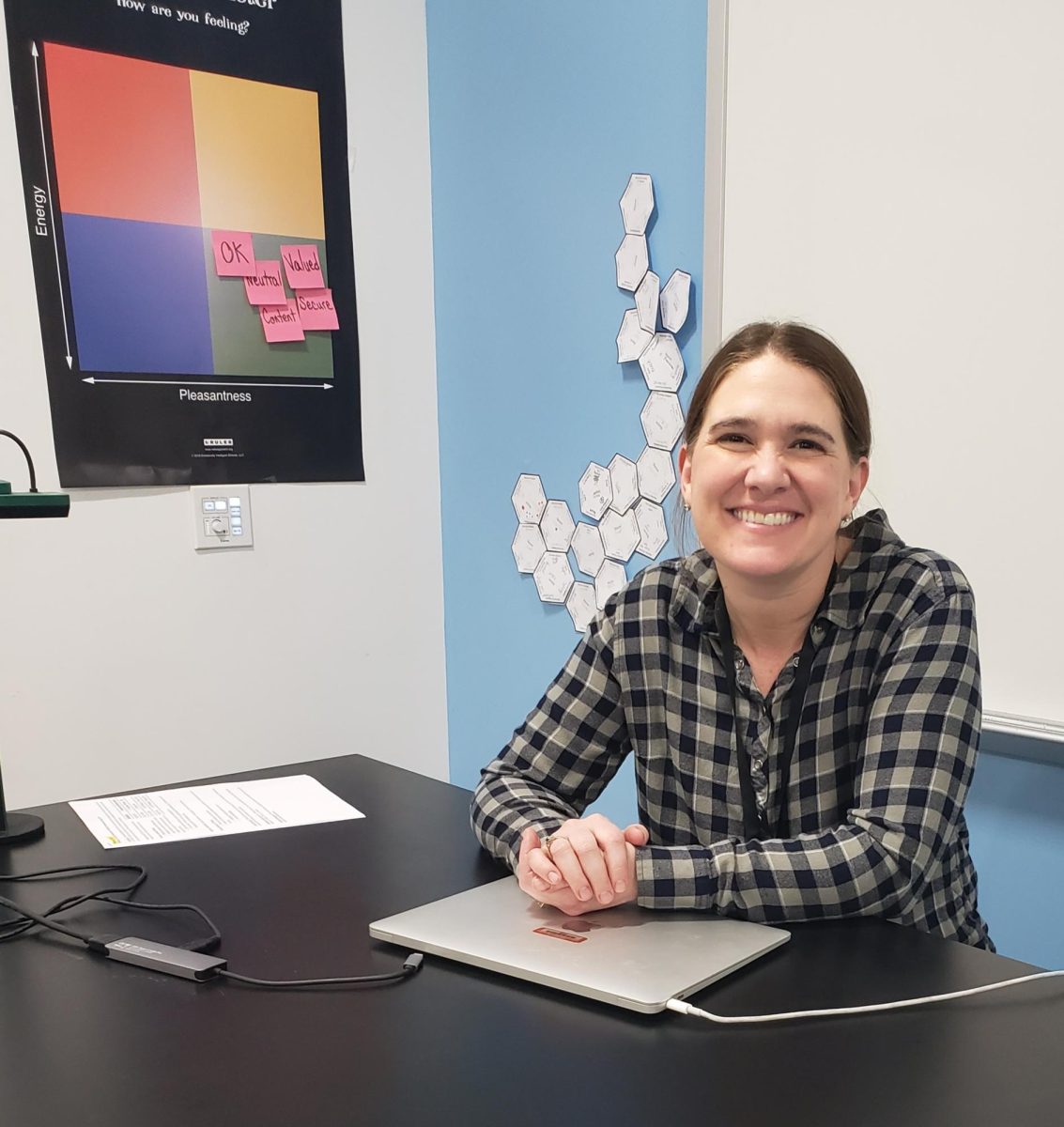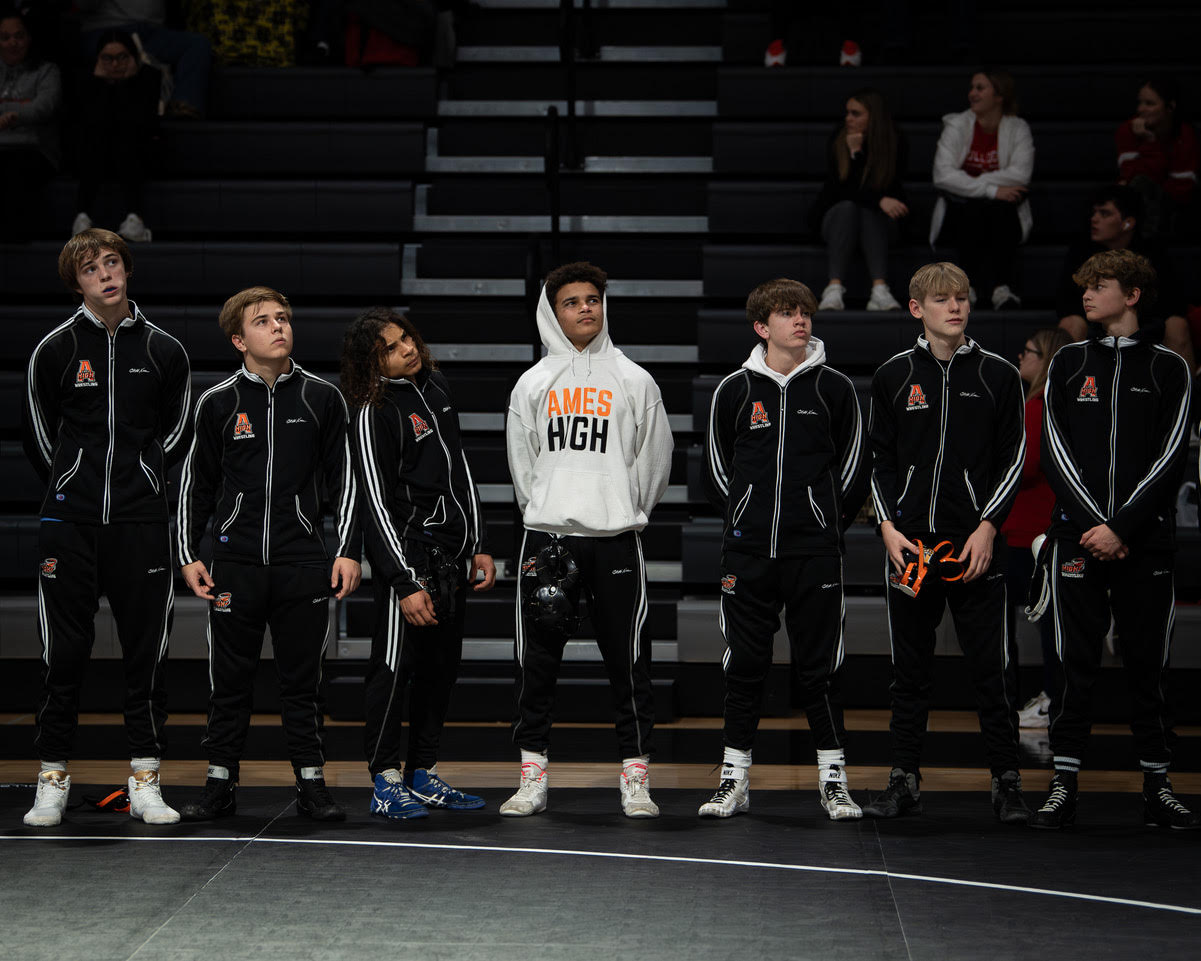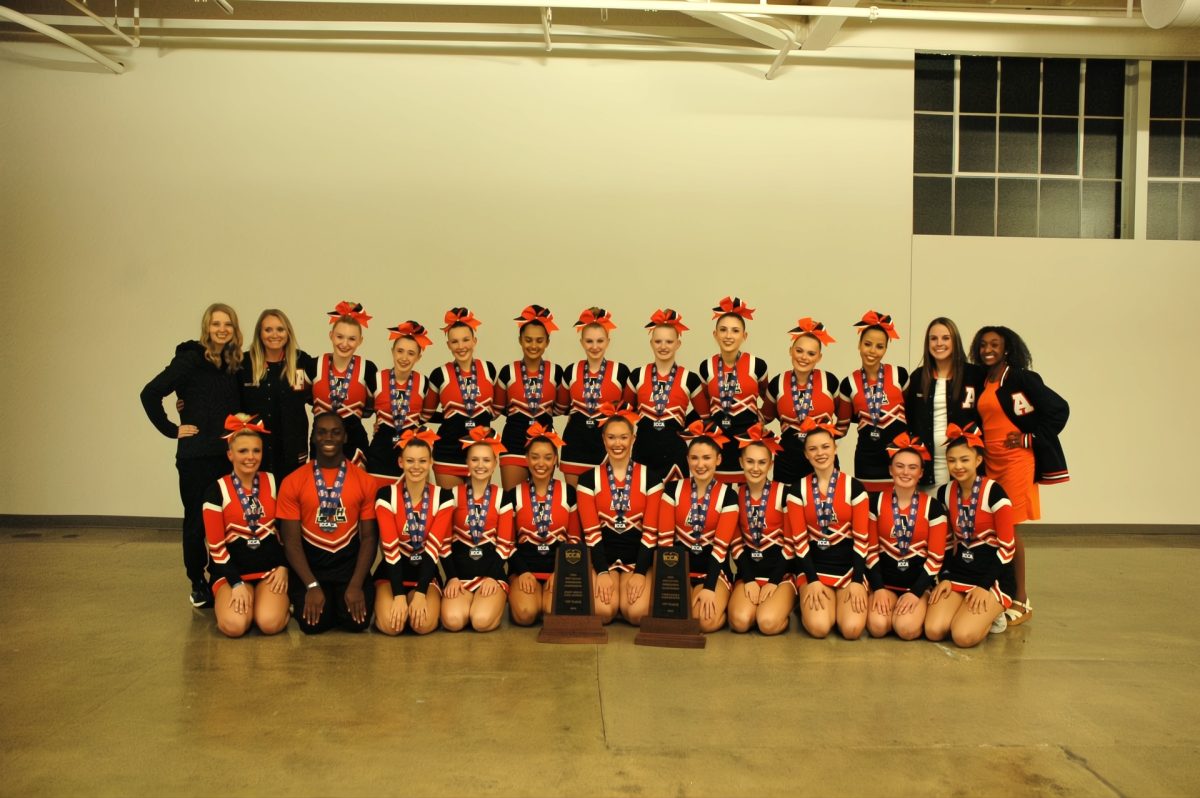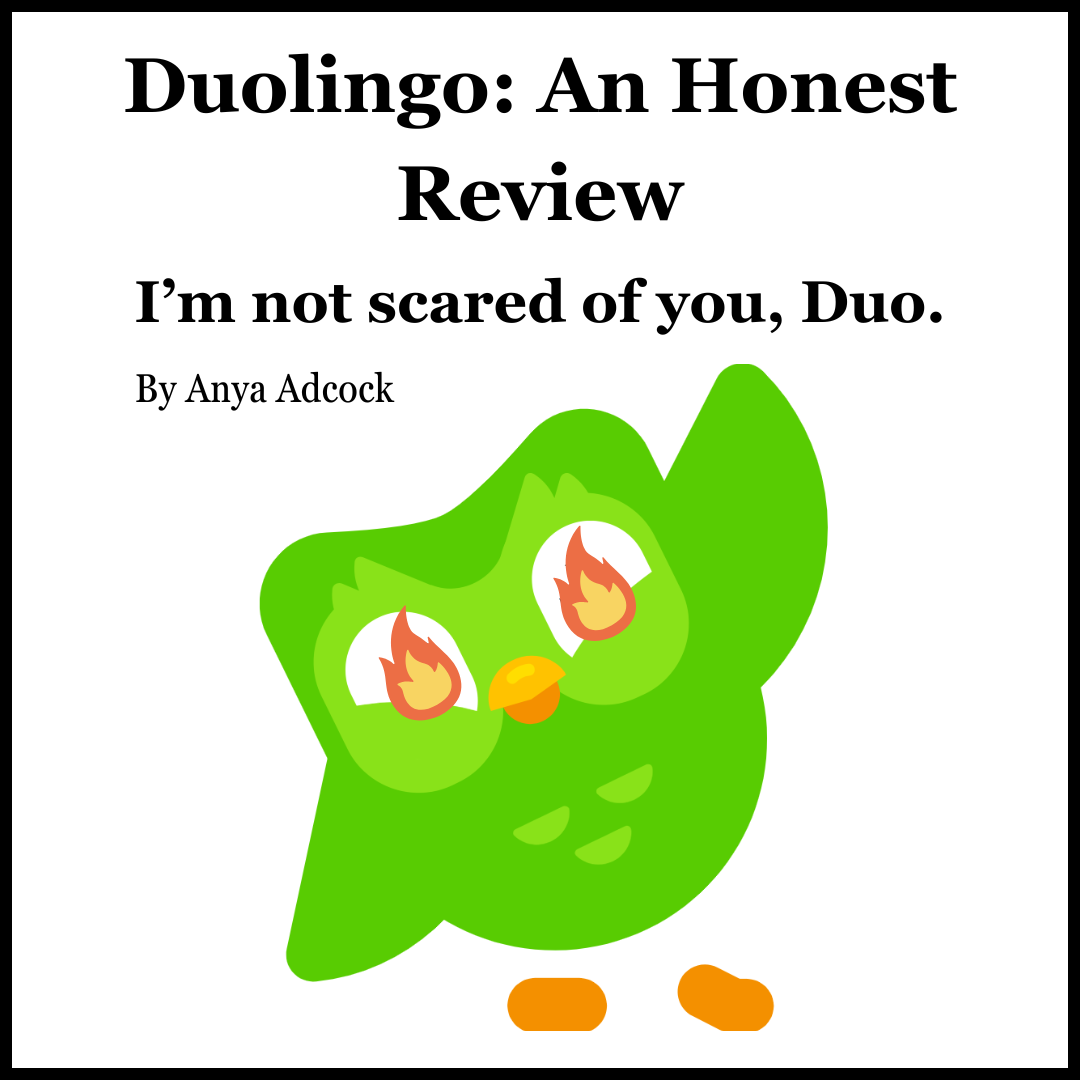In todayâs society, there is a widespread amount of motivation for learning, some of it honorable, and some of it not so honorable. For many students, this motivation does, at least to a small extent, stem from an innate, intangible desire for knowledge. For many more students, however, to a much larger extent, this motivation for learning stems not from a desire for intangible knowledge, but rather, from a desire for the very tangible, yet deceptive, appearance of knowledge. Students are motivated to learn with the hope that what they are learning will boost their scores on the SATs or AP exams and help them get into their first choice college. Although this nature of motivation is not necessarily bad, it leads to a desire in students for a very shallow education where they are, in a sense, learning but where they are not truly being taught. Most students with this type of shallow education, consider a class to be a success if they pass it with an âAâ or âBâ grade, regardless of how much of the information from that class they retain one week after the course ends. These students are willing to memorize the simple facts and data necessary to perform well on tests but unwilling to be taught the implications of what they are learning for the real world. In my own life, as much I as I have tried to resist it, I have all too often found myself identifying with this majority of students, students willing to learn but unwilling to be taught. I can recall many times when I have stayed up late at night with a textbook in front of me trying to absorb the last bit of information that I just cannot seem to remember; however, there are no memories I can recall where I have stayed up late pondering the true meaning of what I have been taught, or how it applies to my own life. When I studied World War Two last year in AP US History and learned about the atomic bombs that the United States dropped on Japan, I focused on the dates and strategies of the military events that led up to the bombings rather than the ethical implications that followed. In class my teacher attempted to teach me what the societal repercussions of the United States â actions were; however, I simply memorized what he told me as fact and stored it in my brain next to all of the other dates and statistics. I was very willing to learn about this part of World War Two; it was easy for me to remember, and I knew that I would be able to correctly answer the multiple choice questions regarding it when the unit test came. I was unwilling, however, to be taught what the true meaning of learning about the atomic bombs was. I was only able to examine the real implications and meanings of the event after I did not need to learn any more. After I was done with my unit tests, my AP exam, and finally, my SAT subject test, I looked back over my notes and examined several events in United States history using a different methodology. Instead of focusing on the date when the first bomb was dropped on Hiroshima , the number days before the next was dropped on Nagasaki , or the military strategies that followed the dropping of the atomic bombs, I thought about what my teacher had originally taught us to consider. I debated inside my mind. Were the United States â actions correct? Even though the bombs did kill many of the Japanese people, did they, in the long run, save many more Japanese lives? A few months later when I thought back to the time when I had asked myself those questions, it occurred to me that the reason I was originally unable to examine the implications of the atomic bombings was because what I was learning was interfering with what I was being taught. I was so focused on learning the information that I would need for my upcoming tests that I was unable to consider what I had been taught about the real-world implications of the atomic bombs. After that realization, I promised myself that, in the future, I would take a different approach to learning. Instead of looking toward standardized tests and college admissions as my motivation, I resolved that I would look outside of my classroom and outside of the general education system for my motivation to learn. More importantly, however, I promised that I would not focus on shallow learning, with simple facts and data, but rather on being taught the analytical skills necessary to apply my knowledge in the real world.
Categories:
Artificial Learning
Abigail Moats
•
April 26, 2012
Story continues below advertisement
0
Donate to The WEB
$125
$450
Contributed
Our Goal
Your donation will support the student journalists of Ames High School, and Iowa needs student journalists. Your contribution will allow us to cover our annual website hosting costs.

